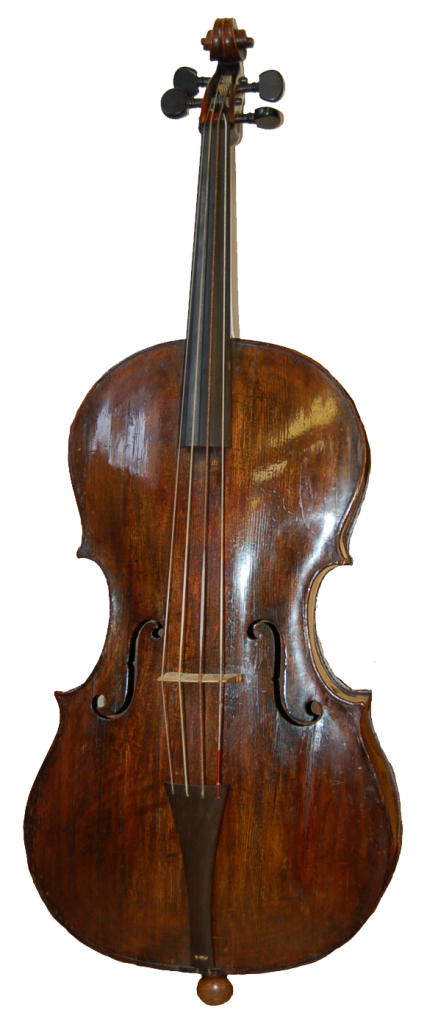Our music

The Festival espouses the principles of historically-informed performance and the early music movement, believing that the music of the past is best served by seeking to recreate the sound world and performing styles that were current when it was composed. This has involved not just the revival of instruments no longer in general use, such as the harpsichord, the viol and the lute, but also the use of earlier versions of modern instruments, such as the fortepiano, the natural horn and trumpet, and the Baroque and Classical versions of orchestral woodwind instruments and members of the violin family. With the use of lower pitches than the modern A440, a lack of continuous vibrato, and gut strings at low tension on the stringed instruments, Baroque and Classical orchestras sound softer, reedier and more blended than their modern counterparts.
Historically-informed performance also involves rethinking such things as tempo, temperament (the equal temperament used on modern pianos was only established in the early twentieth century), the shaping of musical phrases, and the interpretation of expression marks and ornaments. When allied to the use of editions that accurately reflect the composers’ intentions, the revelatory effect of a good historically informed performance of familiar masterpieces such as J.S. Bach’s B minor Mass, Handel’s Messiah or Haydn’s Creation can be likened to seeing a newly-cleaned old master for the first time.